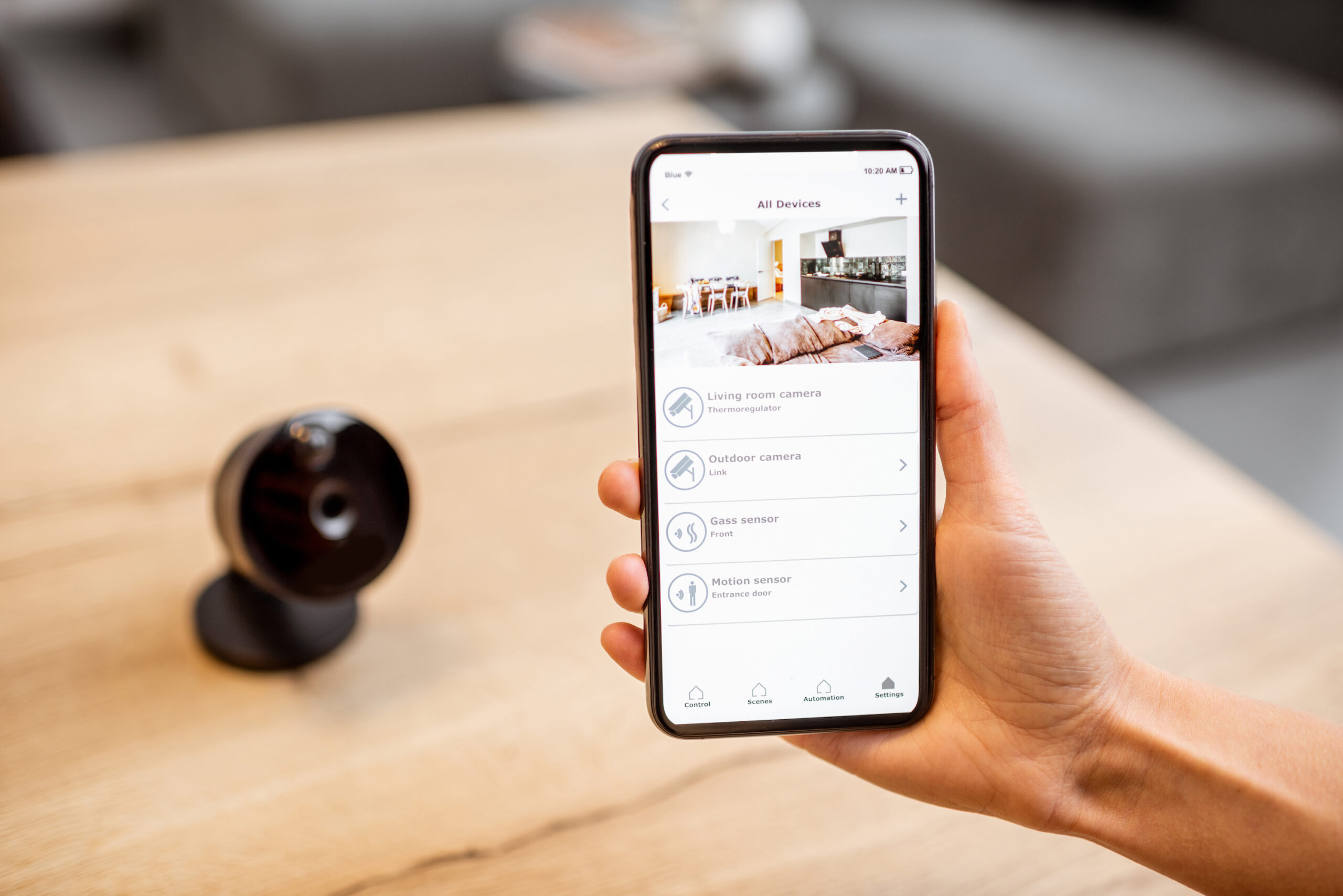As homes become “smarter,” it is easy to feel like there’s an extra set of eyes and ears watching and listening in.
To be fair, most sellers aren’t installing cameras or listening devices just to peek in on buyers. Most often, they already have them installed for convenience and security. But because of their increasing popularity, these devices are presenting an ethical – and legal — dilemma during the house hunting process.
Is it legal for “big brother” to be a part of your home tour?
Laws regarding “surveillance” vary from state to state, but Michigan REALTORS® explains that in general, “video monitoring is prohibited in places where someone has a ‘reasonable expectation of privacy.’” The association adds that “With audio surveillance, on the other hand, most states require the consent of all participants, or at least one participant, in the conversation that is being recorded.”
In Michigan, one section of the penal code prohibits the installation, placement, or use in any “private” place of any device for “recording, transmitting, photographing or eavesdropping upon the sounds or events in that place,” unless consented to by all persons entitled to privacy in that place. However, the statute goes on to state that this does not prohibit “security monitoring in a residence if conducted by or at the direction of the owners … of that residence unless conducted for lewd or lascivious purposes.” Michigan REALTORS® explains, “Thus, it would appear clear that this section of the statute does not prohibit a seller from using an audio/video camera to monitor their home during showings.”
However, like all laws and regulations, things can get a bit complex. A separate section of the penal code prohibits using a device to eavesdrop on a private conversation unless both parties consent. Michigan REALTORS® says, “Exactly what is a ‘private’ conversation is still a matter for debate in the Michigan courts.” But the association does explain that “eavesdrop” is clearly defined and means “to overhear, record, amplify or transmit any part of the private discourse of others without the permission of all persons engaged in the discourse.” Under this section of the penal code, it seems that a seller cannot record audio of a showing without the consent of the other parties.
But House Bill 4724, which is currently in the Michigan Senate Committee on Judiciary and Public Safety, would amend the Michigan Penal Code to exempt recordings made by a home security monitoring device from the ban on using a divide to eavesdrop on a private conversation. This bill would help protect homeowners and REALTORS® who use the latest in security technology to protect their properties and themselves.
So, with debate around this topic still ongoing, how should buyers and sellers approach this issue? To err on the side of caution, buyers should always assume that their viewings may be monitored and conduct themselves accordingly. If there is a discussion you don’t want sellers to hear, it’s best to wait until you leave the property.
As for sellers, Michigan REALTORS® says the safest course of action may be to “disclose the existence of the video device either through posting or in the comments section of the MLS listing.” The association adds that, “While perhaps not legally required, disclosure appears to have no downside and it may, in fact, be a good idea for sellers to encourage buyers to act as if someone is watching when they tour their home.”

